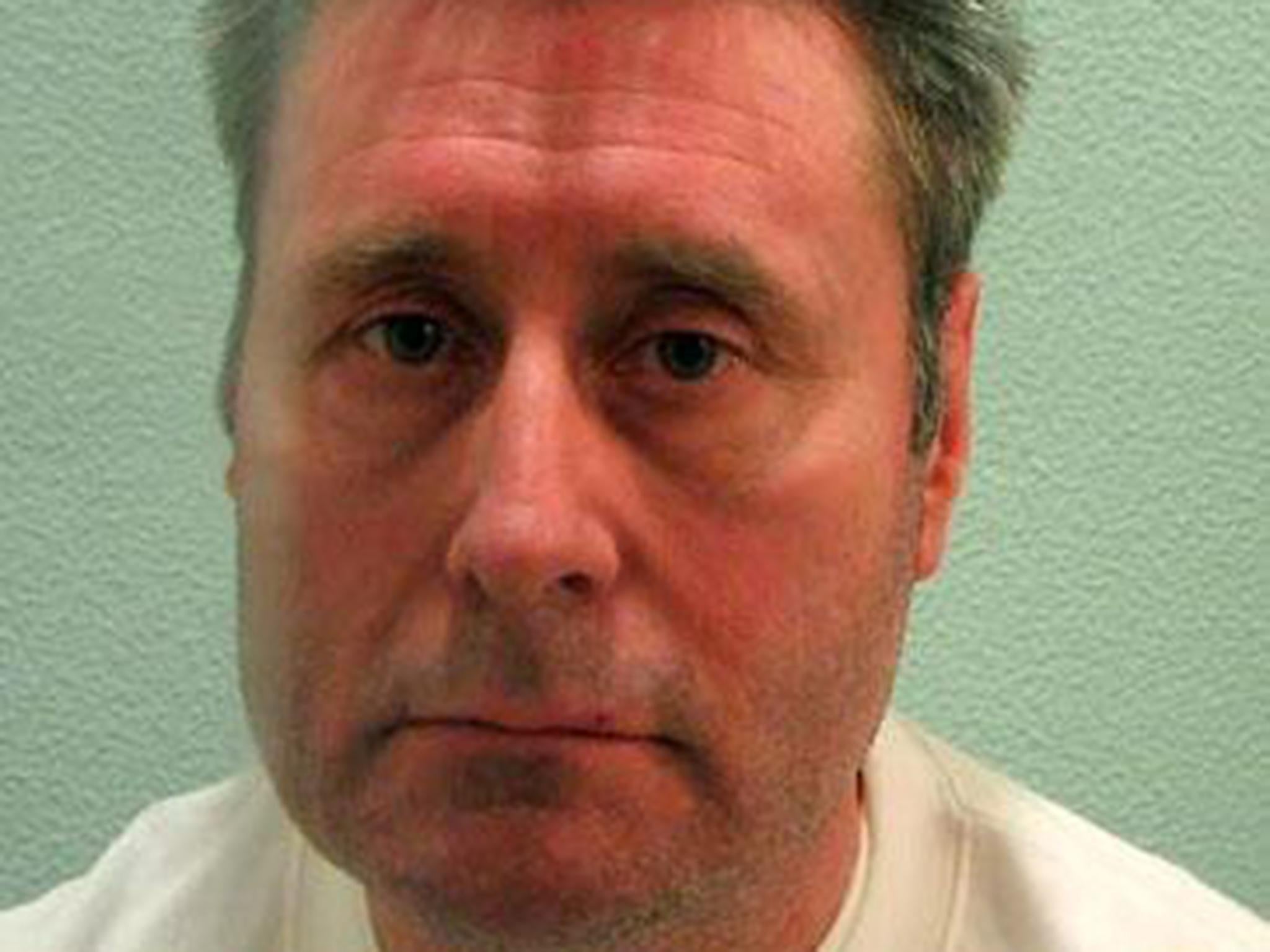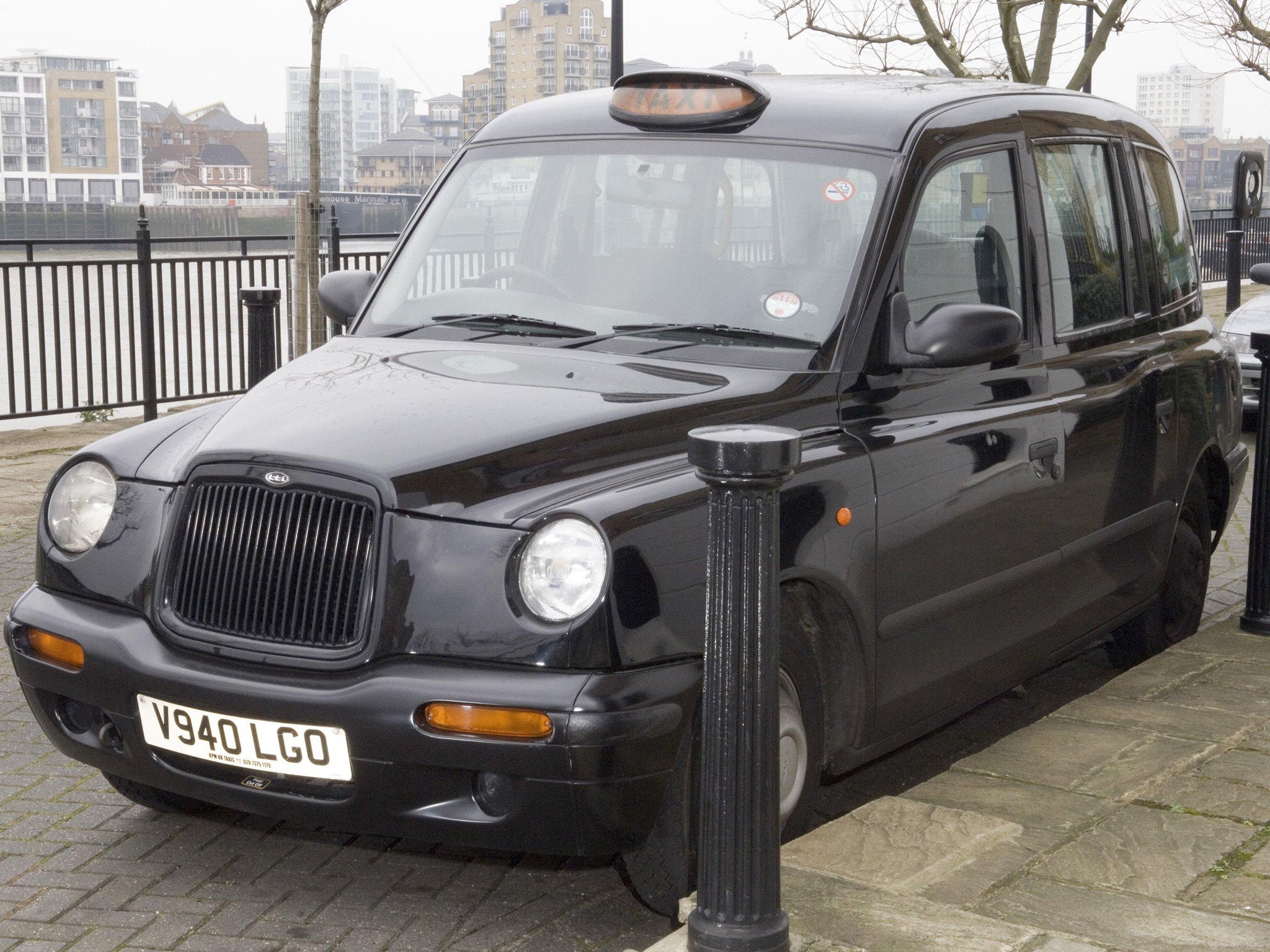John Worboys: Parole Board chair attacks 'political interference' as Government considers judicial review
Police and prosecutors have 'no plans' to review complaints by 93 other women that were not charged

The head of the Parole Board has hit out at “political interference” in its decision-making as the Government seeks legal advice on keeping John Worboys behind bars.
Professor Nick Hardwick, chair of the Parole Board, said almost 400 pages of evidence were considered by the panel that decided to release the “black cab rapist”.
He said the serial sex attacker was “questioned in detail” by three officials, adding: “The Parole Board itself has acted in accordance with the law and the evidence.”
But questions remain over how Worboys’ risk was assessed after it emerged that the same body prevented him from being moved from a high-security jail to an “open” prison in 2015.
A written hearing was automatically triggered when the prisoner passed his eight-year minimum sentence but the transfer was immediately rejected for reasons that cannot be disclosed under current rules, a source told The Independent.
Widespread outrage greeted the announcement that Worboys was deemed eligible for release after serving just nine years of an indefinite prison sentence for public protection.
At the weekend, ministers pledged to do everything possible to ensure Worboys stays behind bars while it emerged the new Justice Secretary was considering taking the highly unusual step of seeking a judicial review.

Revelations that some of Worboys victims had not been informed of his release, 93 of his alleged crimes were never charged and the Parole Board could not give the reasons for its decision have sparked calls for wide-ranging reforms.
Mr Hardwick said he supported “radical” reforms of its transparency and other processes but not direct interference in decision-making.
“We should be open to legal challenge but it is right we resist political interference in our decisions,” he added.
Wanted
The offenders released by the Parole Board who went on to commit further offences
- Brett Lill: Jailed in 2006 for causing grievous bodily harm with intent, he had 73 previous convictions including many for violence. Before being imprisoned he managed to escape York Crown Court by leaping from the dock and going on the run for 15 months. He was released on licence in June and is now wanted for breaching his licence.
- Duane Edwards: The armed robber and gang member was released early from prison sentence for violent offences and is now wanted for breaching the terms of his licence by Greater Manchester Police.
- Paul Redford: Also known as Paul Stevens, he is wanted by police in Yorkshire and London for thefts committed after he was released on licence, having served a burglary sentence. He previously had to be rescued after attempting to escape to France in a kayak.
“Like any court, the Parole Board members must make independent decisions in accordance with the law and on the basis of evidence.
“It would be a bad day for us all if people’s rightful abhorrence of Worboys’ crimes or even justified concern about a Parole Board decision allowed these basic principles of justice to be overturned.”
Prof Hardwick, who formerly served at HM Chief Inspector of Prisons, said it would welcome a judicial review into the Worboys case instigated by David Gauke and a separate review of the “closed and secretive” system that was previously announced by the Government.
Emphasising that the Parole Board’s does not have the power to re-assess sentences, he said it must make decisions based on the risk a prisoner presents, how they have changed and the plans to monitor and rehabilitate them after release.
The benchmark set is that “it is no longer necessary for the protection of the public that they should be detained” – a claim that has not convinced victims of Worboys who say they are living in fear.
Lawyers acting for the 12 victims he was convicted of sexually assaulting, including one woman who was raped, and 93 other complainants whose cases never reached court have called on him to be banned from London.

Prof Hardwick said public concern over the Worboys case was “completely understandable” but less than 1 per cent of released prisoners reviewed by the Parole Board commit a serious further offence.
“I share the concerns that victims say they were not kept informed or consulted about licence conditions,” he added, saying communication was the responsibility of the Victim Contact Service.
“The Parole Board sought and received assurance on a number of occasions that victims who wanted to make a victim statement had the opportunity to do so and were informed about the outcome of the hearing.
“There are very serious allegations that some victims who should have been kept informed were not and victims and the public deserve to know exactly what happened.”
He called for an independent investigation into the failure to allow some of Worboys’ victims to make representations to the panel and said the National Probation Service (NPS) must ensure the women have a say on his licence conditions.
The NPS will be responsible for monitoring and rehabilitating Worboys’ following his release but a report released last week warned of “weaknesses” in the service in London.
The most dangerous convicts, including murderers and sex offenders, are released into probation hostels, where The Independent revealed some jobs guarding offenders are being handed to private companies.
A previous report by HM Inspectorate of Probation warned that the Government’s partial privatisation of the service in 2014 was putting the public at risk, with private firms failing to properly assess the risk of harm in half of cases, while supervising thousands of convicts with phone calls every six weeks.
London became Worboys’ hunting ground as he used his cab to pick up female passengers, ply them with spiked champagne by claiming he was celebrating a lottery win and assault them.
Police linked him with 83 crimes committed between 2006 and 2008 but more women came forward in light of the court case, pushing the potential number of victims over 100.
Lawyers representing 93 women whose allegations did not reach court called for the Crown Prosecution Service (CPS) to reassess the cases.
In a letter sent last week, Richard Scorer and Harriet Wistrich claimed victims had been told Worboys would “not be coming out for a long time” and so a fresh trial was not necessary.
“To the extent that this was the CPS’s expectation at the time, this has clearly not happened and this justification for not bringing further prosecutions has fallen away,” they added.
The CPS said the cases that were not prosecuted at the 2009 trial “did not pass the evidential test” needed for a realistic prospect of conviction.
Another 19 allegations that emerged following Worboys’ conviction were not prosecuted after consultation between the CPS and Metropolitan Police, and there are no cases currently live.
Scotland Yard said it had no new information to send to prosecutors, who confirmed they have “no plans” to review 93 allegations that were not charged.
“If cases did not pass the evidential test there would have to be new evidence available that altered that assessment before they could be prosecuted,” the CPS said.
A Ministry of Justice spokesperson said:“The Secretary of State has commissioned advice on the possibility of a Judicial Review and will consider this carefully when it is received – he is minded only to proceed if there is a reasonable prospect of success.
“He told Parliament just last week that he is absolutely clear the Parole Board should remain an independent body.”
Bookmark popover
Removed from bookmarks